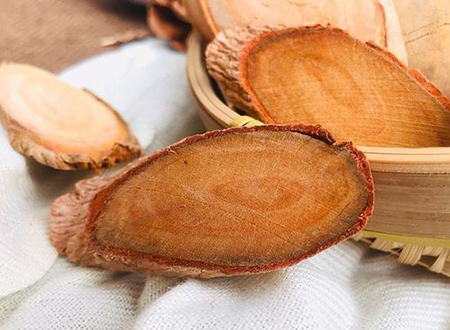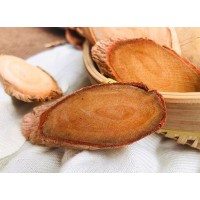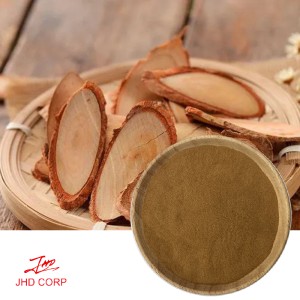Which is more effective, Tongkat Ali extract or Tongkat Ali soaked in water?
While both methods have their merits, Tongkat Ali extract offers a more reliable and effective way to harness the herb's potential benefits.
Tongkat Ali, scientifically known as *Eurycoma longifolia*, is a popular herbal supplement widely used for its potential benefits in enhancing energy, improving testosterone levels, and supporting overall well-being. When it comes to consuming Tongkat Ali, there are various methods, with two common approaches being Tongkat Ali extract and Tongkat Ali soaked in water. Understanding which method is more effective requires examining their preparation processes, bioavailability, and potential benefits.
**Tongkat Ali Extract**
Tongkat Ali extract is produced through a concentrated extraction process, typically using water or ethanol to isolate the active compounds, such as eurycomanone, quassinoids, and other beneficial phytonutrients. This method ensures that the most potent and bioactive components of the root are retained in a concentrated form. Extracts are often standardized to contain a specific percentage of active compounds, ensuring consistency and potency in each dose.
The extract form is highly bioavailable, meaning the body can absorb and utilize the active ingredients more efficiently. Additionally, Tongkat Ali extract is convenient for consumption, often available in capsules or powder form, making it easy to incorporate into daily routines. Clinical studies on Tongkat Ali often use standardized extracts to evaluate its efficacy, further supporting its reliability as a supplement.

**Tongkat Ali Soaked in Water**
Traditionally, Tongkat Ali roots are boiled or soaked in water to create a herbal tea. While this method has been used for centuries in traditional medicine practices, it may not be as effective as the extract form. The soaking or boiling process can release some beneficial compounds into the water; however, it is less precise and may not extract the full spectrum of active ingredients. Factors such as water temperature, soaking duration, and the quality of the root can significantly impact the concentration of bioactive compounds in the final preparation.
Furthermore, Tongkat Ali tea may have a bitter taste due to its natural alkaloids, which can be unpleasant for some individuals. While this method retains its cultural significance and may provide mild benefits, it is generally less efficient compared to modern extraction techniques.
**Which is More Effective?**
From a scientific and practical perspective, Tongkat Ali extract Eurycomanone is more effective than Tongkat Ali soaked in water. The extraction process ensures higher potency, better bioavailability, and consistent dosing of the active compounds responsible for its health benefits. Additionally, extracts are supported by more robust clinical research, making them a preferred choice for individuals seeking measurable results.
However, for those who value traditional preparation methods or prefer natural teas, soaking Tongkat Ali in water can still provide some benefits, albeit at a lower potency.















